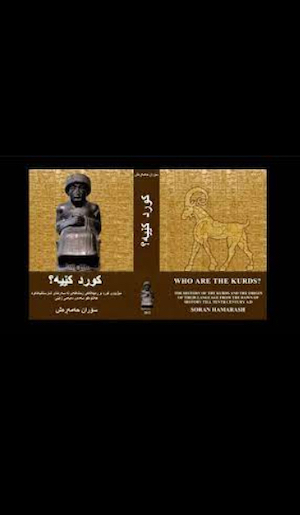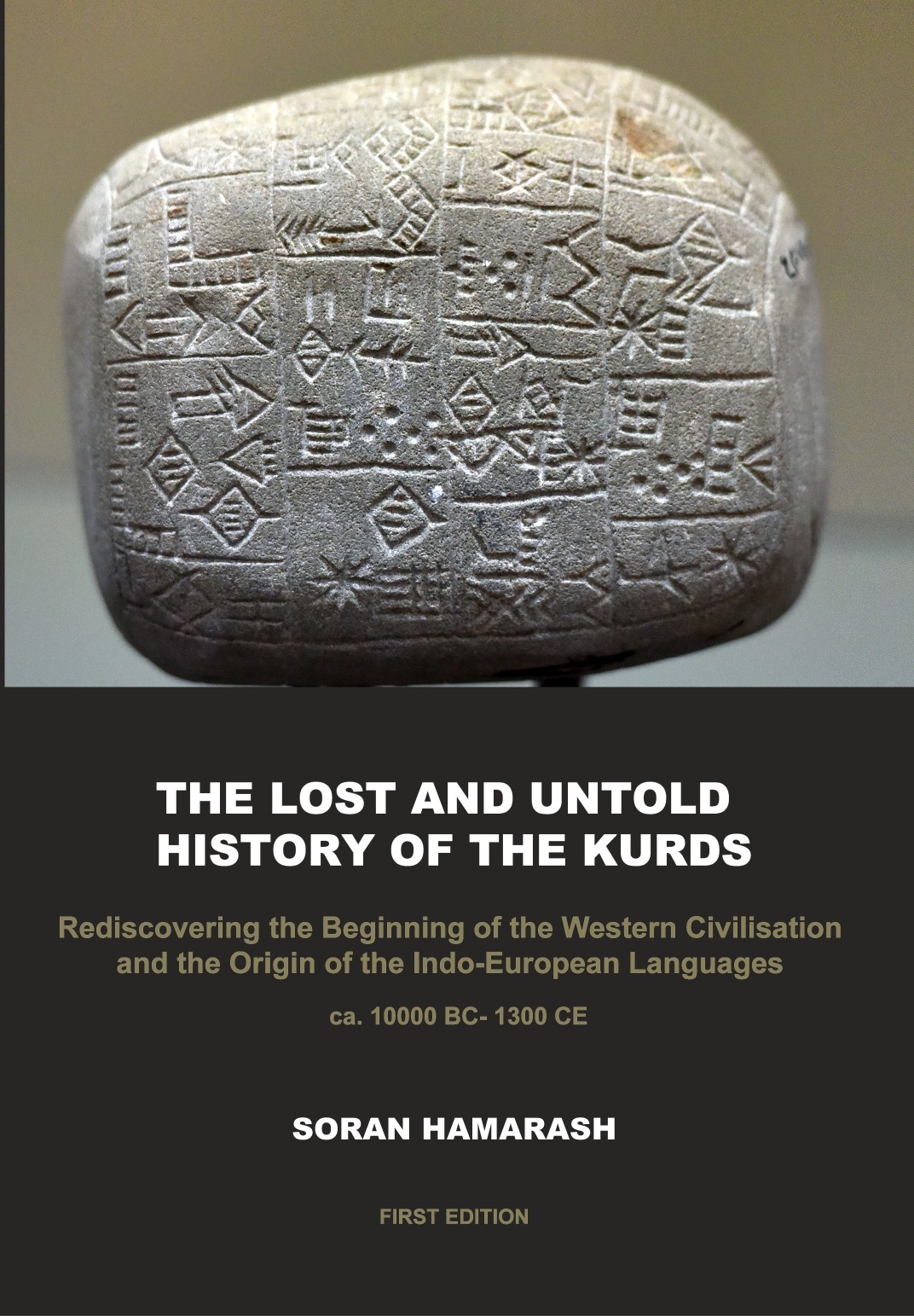Who Are The Kurds
Hamarash explained that he spent several years researching and studying ancient records and languages such as Sumerian, Hurrian, Median, Luvian (or Luwian), Hittite, Avestan,www.Ekurd.net Latin, Sanskrit, Carian, Lydian, Thracian and other languages. In his book he questions the prevailing theories and tries to trace the root of the Kurdish race and the origins of their language. In this quest, Hamarash paused some questions such as: if the Kurds descended from the Medes, as some suggest, when did they changed name? What language did the Median speak? What alphabet did the Kurd have in ancient times to record their literature, if they had any? Is there any connection between Kurdish language and the ancient Mesopotamian and Anatolian languages? What about connections between Kurdish and other Indo-European languages? Did the Indo-Europeans emigrated to or migrated from Zagros Mountains?
In his epic endeavor, Hamarash uncovers evidence that would challenge our understanding of the history of Kurds and of the Middle East in general, for example:
• Kurdish texts which he believes are over four thousand years old,
• Texts that suggest that the Median language was not very different in comparison to the current Kurdish language
• Texts suggesting that Kurdish was the language of other Mesopotamian and Anatolian communities.
• A manuscript dated back to 861 A.D that describes Kurdish ancient alphabet.
• History of Kurdish empires and rulers who ruled in the region from the dawn of civilisation until the tenth century A.D.
• Views of Kurds during the ninth century A.D that suggest their awareness of their history and ancient past.
This book is published in Kurdish (Sorani dialect) and the French and English translations are underway.

